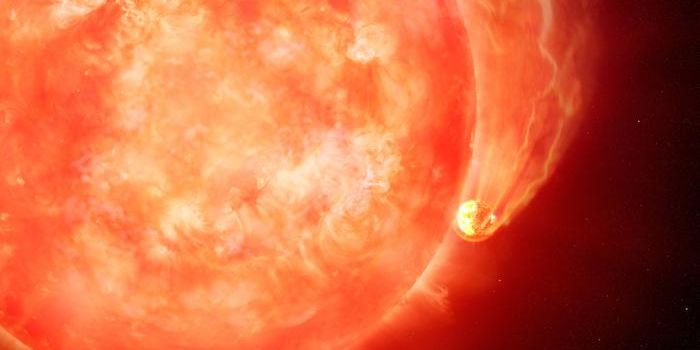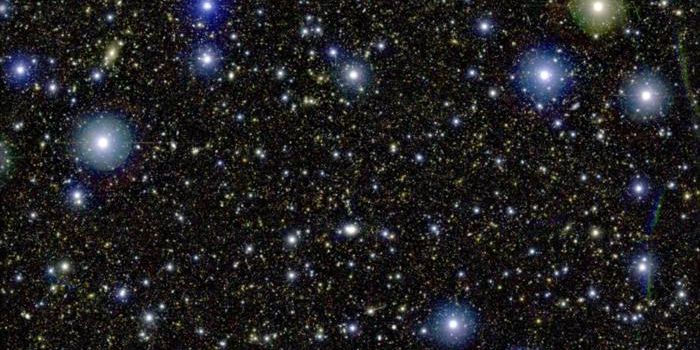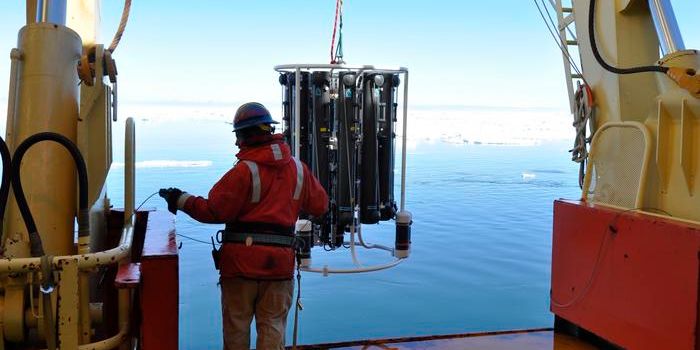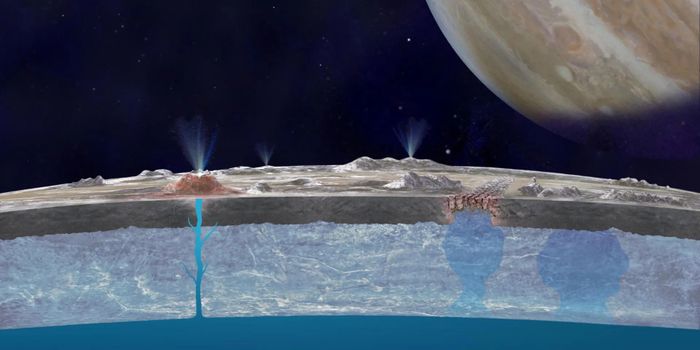Advancing Power Resilience: UC Santa Cruz's AI Innovation in Microgrid Technology
A recent study published in IEEE Transactions on Control of Network Systems discusses how artificial intelligence (AI) can be used to control microgrids in the event of a long-term power outage caused by natural disasters or human error. This study was conducted by a team of researchers at UC Santa Cruz and holds the potential to improve power restoration techniques, which are traditionally controlled by local utility companies. One benefit of microgrids is they can function to power a small area, such as a town, until the primary utility source comes back online.
“Nowadays, microgrids are really the thing that both people in industry and in academia are focusing on for the future power distribution systems,” said Dr. Yu Zhang, who is an assistant professor of electrical and computer engineering at UC Santa Cruz and co-author on the study.
For the study, the researchers used an AI-based approach to develop a novel method where microgrids could draw power from renewable energy sources while being disconnected from the primary utility source, known as “islanding mode”, but can also function while being connected to the source, as well. This new method, which they refer to as constrained policy optimization (CPO), uses a machine learning algorithm that learns from outside input, such as real-time changes in environmental or power conditions, and makes the best-informed decisions on what to do next.
Aerial image of solar panels, which microgrids use for their power source. (Credit: Nick Gonzales, UC Santa Cruz)
“Essentially, we want to bring the power generation closer to the demand side in order to get rid of the long transmission lines,” said Dr. Zhang. “This can improve the power quality and reduce the power losses over the lines. In this way, we will make the grid smaller, but stronger and more resilient.”
Upon successfully using their simulations by placing first at L2RPN Delft 2023 competition, the researchers now aspire to use their algorithms in the laboratory setting for further improvements with the long-term goal of using their algorithms on the UC Santa Cruz campus’s energy system.
How will these algorithms help microgrids in the coming years and decades? Only time will tell, and this is why we science!
As always, keep doing science & keep looking up!
Sources: IEEE Transactions on Control of Network Systems, U.S. Department of Energy, EurekAlert!, CodaLab Competitions









